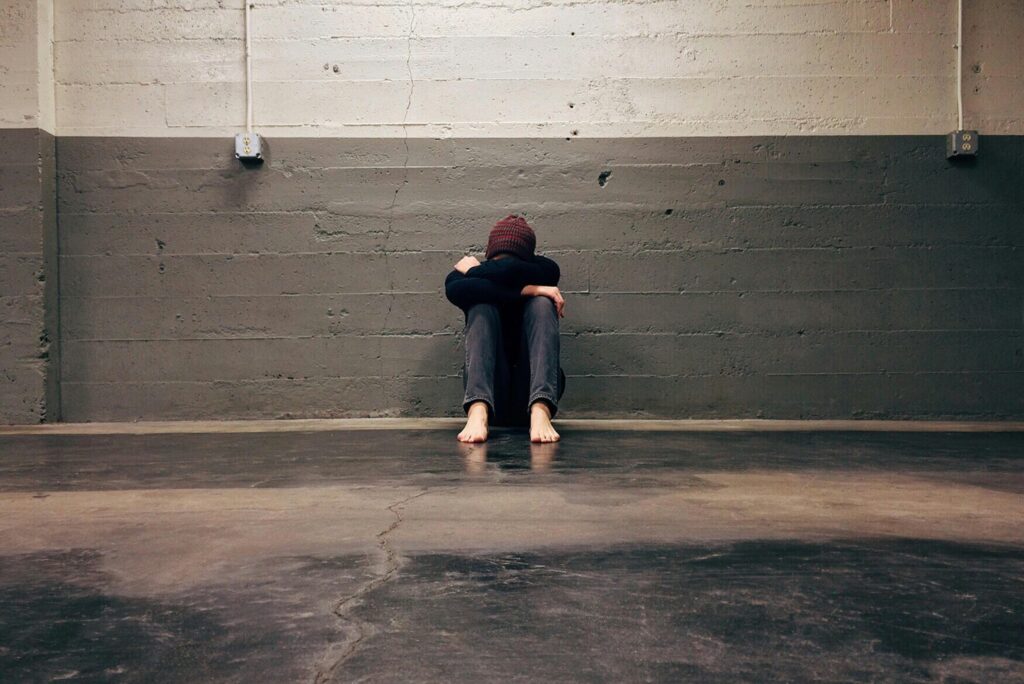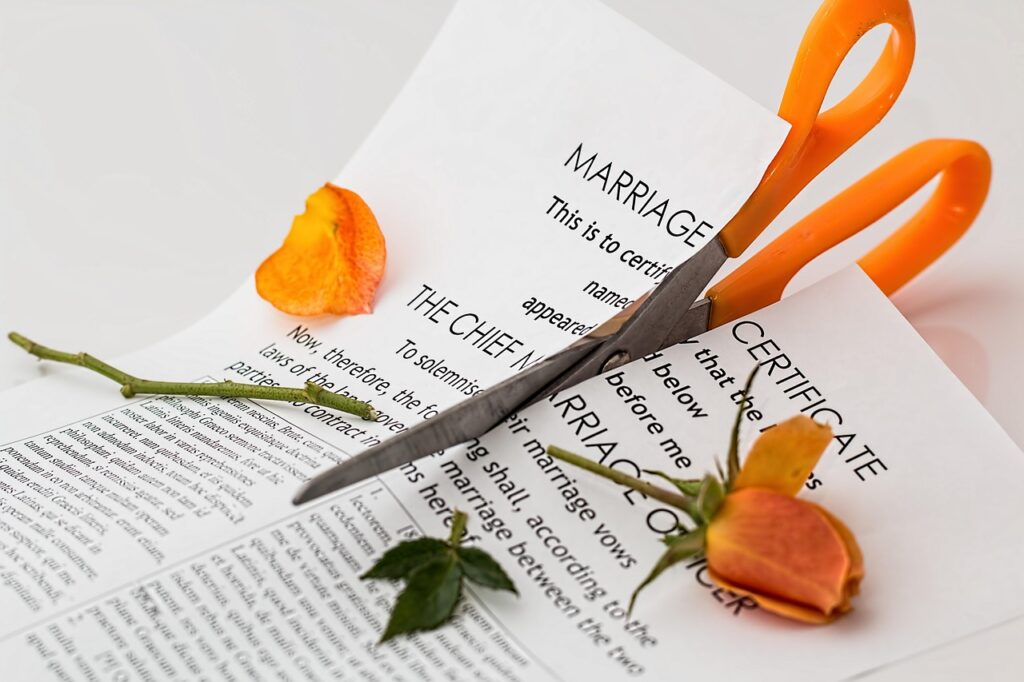In India, marriage is often treated as a family or social arrangement—but under the law, it’s a personal choice.
No one, not even parents or guardians, can legally force an adult to marry against their will. If you’re facing pressure, emotional blackmail, threats, or confinement, it’s important to know that the law is on your side.
Forced marriage is not explicitly defined under a single act in India, but it violates multiple constitutional and legal protections. Article 21 of the Constitution of India guarantees every individual the right to life and personal liberty, which includes the freedom to choose whom to marry—or not to marry at all.
If someone tries to take away this choice, it becomes a violation of your fundamental rights.
If you’re being pressured, the situation might involve emotional manipulation or even physical coercion. This is not just a family dispute—it can amount to criminal conduct under sections of the Indian Penal Code (IPC) such as:
| Section | Offence | Penalty |
|---|---|---|
| Section 506 IPC | Criminal intimidation | Up to 7 years |
| Section 340 IPC | Wrongful confinement | Up to 3 years |
| Section 366 IPC | Kidnapping a woman to compel marriage | Up to 10 years |
| Protection of Women from Domestic Violence Act | Covers threats, coercion, mental abuse | Civil and criminal remedies |
If you’re a woman facing forced marriage, and the threats are from within your home, the Protection of Women from Domestic Violence Act, 2005 can be used to seek restraining orders, protection, and even police help.
The Act allows for immediate court intervention even without physical violence, if emotional or mental abuse is present.
Young people under 18 (girls) or under 21 (boys) who are being married off without their consent are also protected under the Prohibition of Child Marriage Act, 2006. Such marriages are voidable at the option of the minor and may result in prosecution of parents or guardians.
If you’re in love with someone your family does not approve of, you still have the legal right to marry the person of your choice under the Special Marriage Act, 1954, regardless of caste or religion.
The law protects your autonomy, even if your community disagrees.
If you’re exploring interfaith marriage or worried about family opposition, read our blog on Hindu vs Special Marriage Act – What’s the Difference for Couples?
Also, if you’re already being harassed or threatened at home, our post on What to Do If Your In-Laws Are Abusing You has tips that apply to other family pressures too.
No matter how intense the pressure feels, remember: a forced marriage is not a valid marriage. Consent must be free, full, and informed. You have the right to say no, to seek protection, and to live life on your own terms.
If you’re being forced into marriage, act early and seek help—silence can be mistaken for consent. You can take preventive legal action through the police or the court. Here are the steps:
- File a police complaint under Sections 506 IPC (criminal intimidation), 340 IPC (wrongful confinement), or 366 IPC (kidnapping to compel marriage).
- Approach the nearest Magistrate or Protection Officer under the Protection of Women from Domestic Violence Act, 2005 for a protection or residence order.
- If you’re underage or the person being married off is a minor, call 1098 (Childline) or file a complaint under the Prohibition of Child Marriage Act, 2006.
- Approach the District Legal Services Authority (DLSA) or any women’s helpline for free legal aid.
- In extreme cases, seek safe shelter or protective custody through NGOs or women’s protection homes.
For adults, the court will not interfere with your decision to marry or not marry. If you’re being confined or denied communication, you can file a writ of habeas corpus in the High Court to regain your freedom.
You don’t need to be married or physically assaulted for your rights to be protected—mental coercion is enough.
In India, a marriage without free consent is voidable. You can approach the Family Court to annul the marriage under personal law (like Section 12 of the Hindu Marriage Act) or civil law (Special Marriage Act) if the marriage was conducted by force.
If you’re planning to register your marriage without family support, our blog on How to Register Your Marriage in India: Online and Offline explains how to do it legally and independently.
FAQs
1. Can my parents legally force me into marriage?
No. Forced marriage violates your fundamental rights and can result in legal action against those involved.
2. What if I am being emotionally blackmailed?
Emotional abuse is a form of coercion and can be challenged under domestic violence laws or criminal intimidation.
3. I’m under 18. Can my parents marry me off legally?
No. It’s illegal to marry a girl under 18 or a boy under 21 under the Child Marriage Act.
4. Can I marry someone else even if my family disagrees?
Yes. You can marry any adult of your choice under the Special Marriage Act.
5. Who can help me immediately?
Call 100 for police, 1091 for women’s helpline, or 181 for local state support services.



